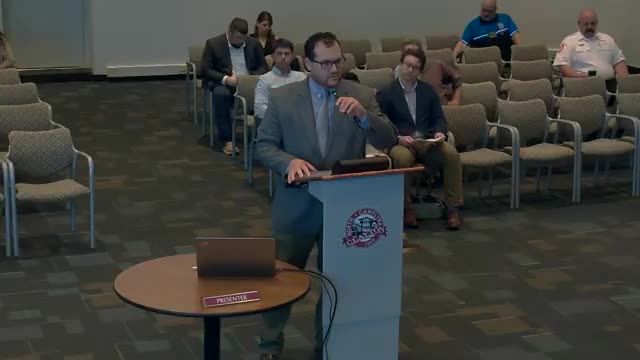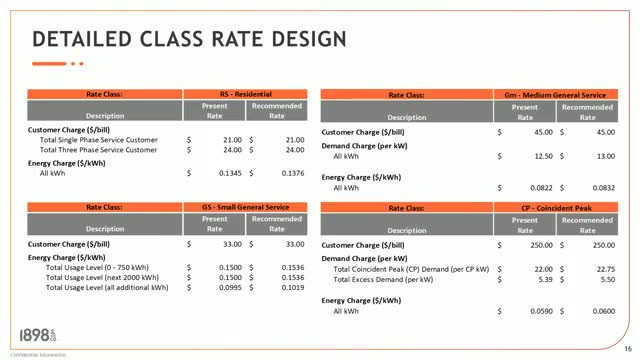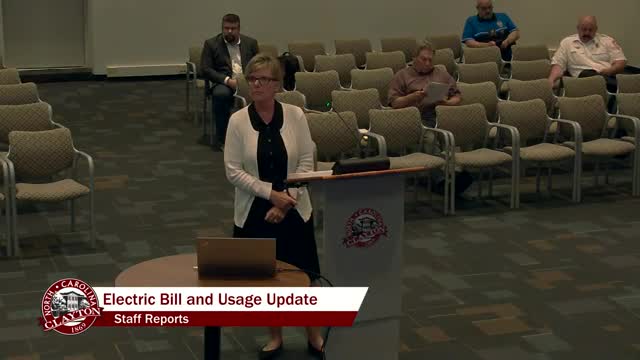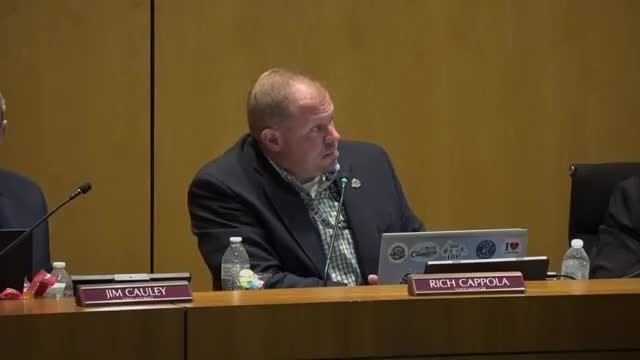Article not found
This article is no longer available. But don't worry—we've gathered other articles that discuss the same topic.

Clayton council approves rezoning for 173-townhome Amelia Church Road development in 3–2 vote

Ranch Road extension shortens fire responses, may lower some homeowners’ insurance, fire chief says

Town staff link high winter electric bills to extreme cold; consultant recommends 2% rate increase for FY26

